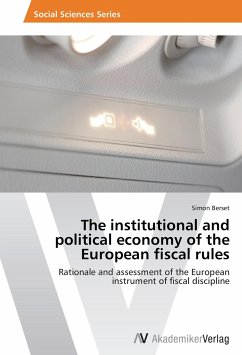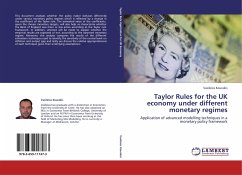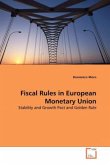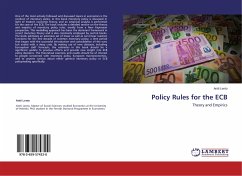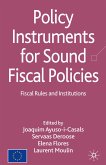Almost sixteen years after its technical start in January 1999, the European Economic and Monetary Union (EMU) is facing severe difficulties. Affected violently by the sovereign debt crisis coupled with economic downturn, the public finances of some EMU member states have become alarming; to such an extent that the future of the whole currency area may be at stake. In this tense context, and in parallel to the several austerity programmes undertaken by, and/or imposed on many governments, there have been calls for reforming the European instrument of fiscal discipline. The doubts concerning the effectiveness of these supranational fiscal rules supposed to frame national fiscal policies are however not new. Since they have been designed, the so-called Maastricht fiscal criteria have been subject to constant criticism. Setting out from this premise, we investigate the construction, as well as the functioning, of this instrument from a political and institutional perspective. Based on the economic theory and literature, our research provides a dynamic institutional reading of the EU legislation defining the rules in force nowadays. Besides the description of these legal bases, the book exposes a deeper analysis, which highlights the improvements made over the last twenty years, as well as the remaining shortcomings and inconsistencies of European fiscal environment.
Bitte wählen Sie Ihr Anliegen aus.
Rechnungen
Retourenschein anfordern
Bestellstatus
Storno

